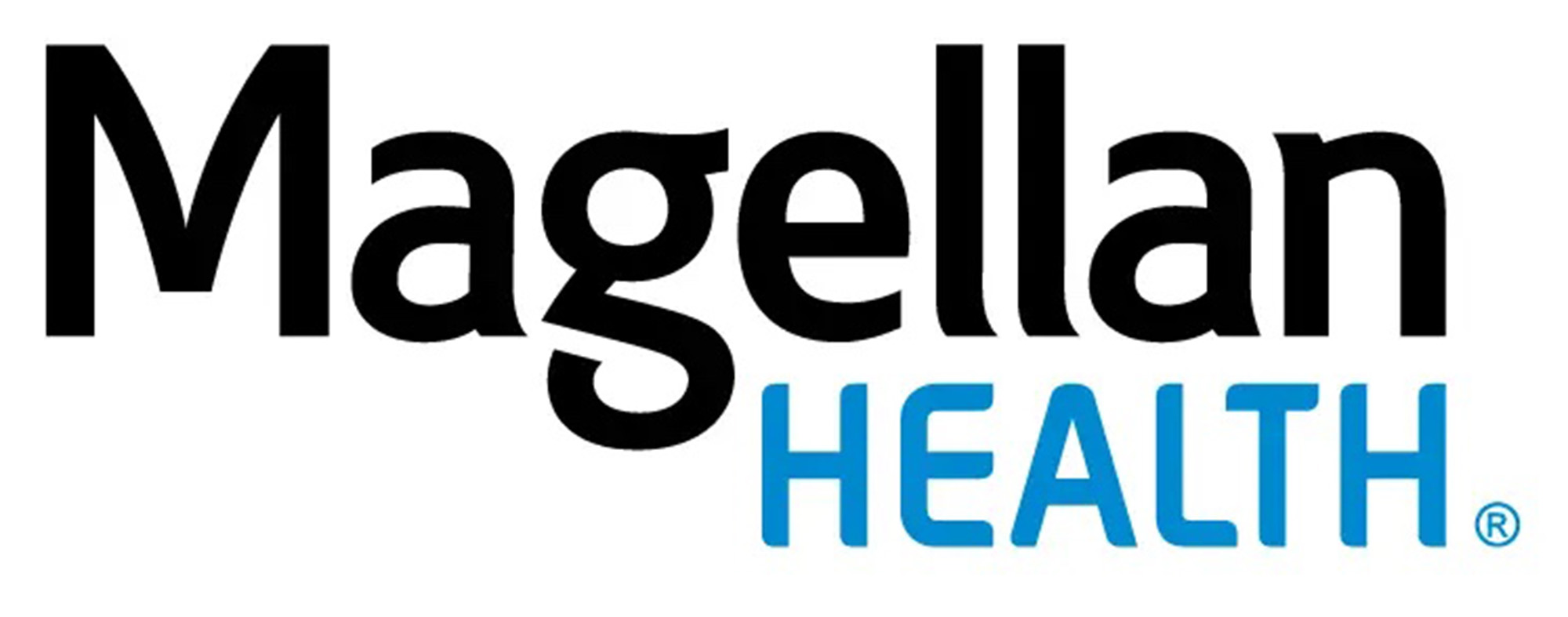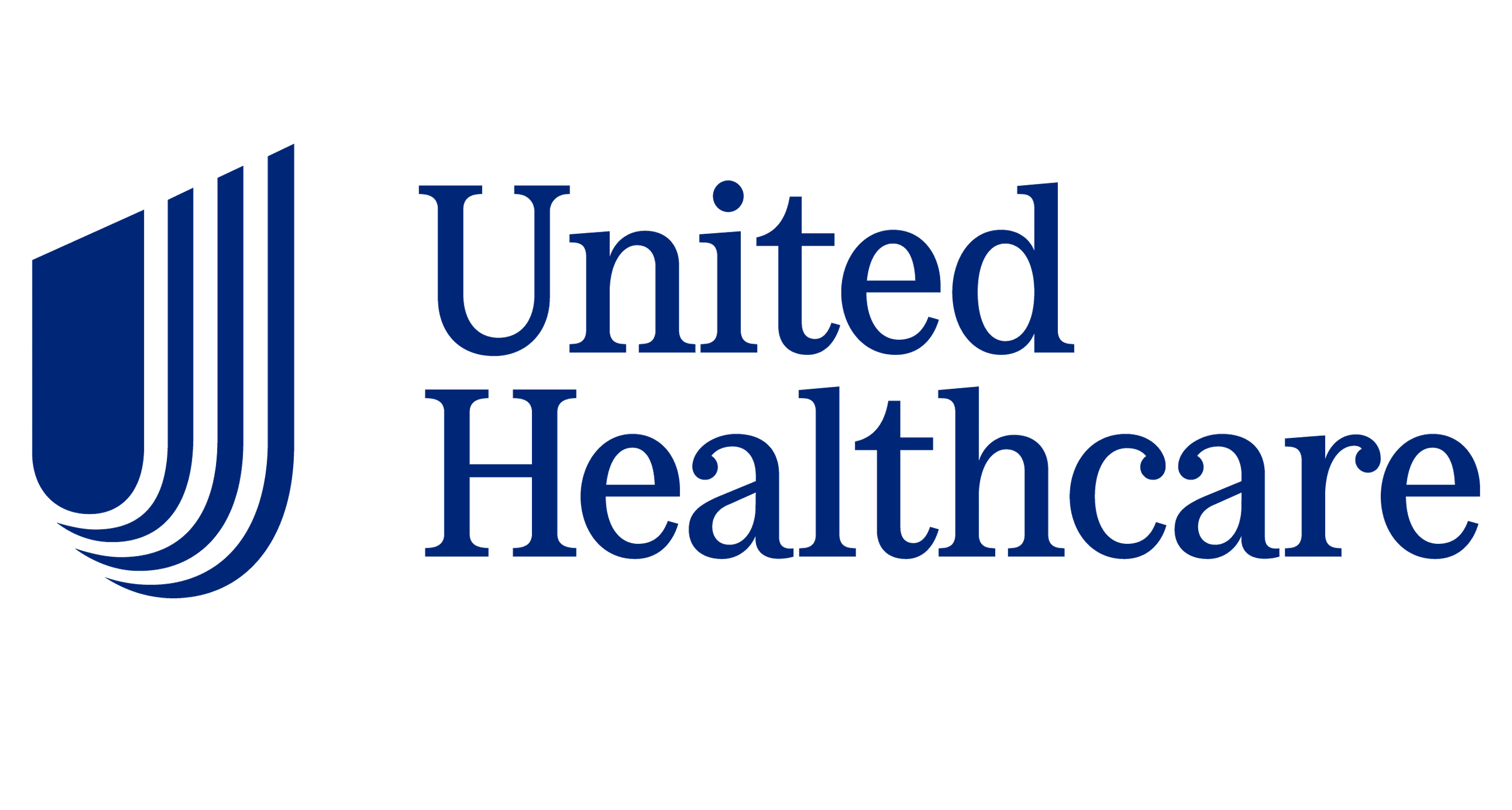Creating Connections in Early Recovery
"The Disease of Isolation"
During active addiction, individuals can find themselves incredibly lonely. Addiction has often been referred to as the “Disease of Isolation.” Oftentimes, professionals typically associate individuals who experience a substance use disorder with two extremes when it comes to sociability. On one end of the spectrum is the individual who we view as “the life of the party.” This person abuses substances and appears social, friendly, and even functional. On the other end, we have an individual who abuses substances alone; substituting healthy interpersonal relationships for substances. Most individuals experiencing substance use disorder may experience both extremes but all experience isolation at some point during the abuse.
Isolation has a crippling effect on individuals who have suffered from addiction. Effects range from general feelings of loneliness to clinical depression anxiety. Most individuals do not realize during active addiction that substances only exaggerate these symptoms. Addiction leads to the individual becoming more withdrawn, remote, and emotionally distant. As an addiction develops, it is not uncommon for addicts to damage relationships, lose the support of family and friends, and spiral into a lifestyle centered around substance use.
At Victory Park Recovery Center, our team understands that isolation in early recovery is a major obstacle to overcome. This is why we have infused the creation of social connections into our clinical drug treatment program to build a community. Victory Park Recovery Center offers a comprehensive program, including a community approach and family involvement to help an individual overcome addiction.
The Impact of Loneliness and Potential Root Causes
In 2018, Cigna Health researched the self-reported levels of loneliness and mortality within the United States and found some pretty staggering results. Cigna’s research showed that loneliness could roughly have the same impact on mortality that smoking 15 cigarettes each day has! According to the survey, which was provided among 20,000 Americans:
- The Z generation and millennial generation report feeling lonelier than any other generation in history.
- Students report the highest levels of loneliness among Generation Z and Millennial respondents.
- There was no major difference in responses between men and women or among racial demographics.
Isolation and loneliness play a large role in contributing to drug addiction. Research has shown that individuals who experience more social isolation generally have an increased risk of a mental health disorder and drug addiction. However, we also know drug addiction treatment has proven to be effective in helping individuals treat feelings of isolation and loneliness.
Connection with others is vital to our health as human beings. Social connection empowers us to feel welcomed, important, loved, and a part of something greater. With treatment, individuals can reclaim a sense of purpose, start feeling better, and develop a healthy lifestyle.
Sense of Purpose
Being called a friend and knowing that you are loved helps to reinforce our sense of value.
Feeling Good
Research has also shown that the support of family and friends can cause antidepressants to work better.
Longer Life
Social Interactions and a healthy network are good predictors of physical health.
Loneliness and isolation affect everyone from time to time, but you must address feelings of isolation, depression, and anxiety with a professional. For individuals in recovery from substance use disorders, it is imperative to create these social connections during early recovery. The value of a support network during the early stages of recovery is unparalleled. Substance use treatments help individuals learn how to build connections early on, which is vital because full recovery is impossible without a support network.
When an individual enters treatment, most feel defeated, emotionally broken, and deeply pained. Substance use disorders can shatter any semblance of a life leaving the individual with many traumatizing memories. Individuals find themselves coming to the point where they don’t want to live this difficult lifestyle anymore, but they do not know how to stop.
“I define connection as the energy that exists between people when they feel seen, heard, and valued, when they can give and receive without judgment, and when they derive sustenance and strength from the relationship.” – Brene Brown
Entering treatment, individuals have the opportunity to create connections early on – a place where they will be accepted as they are. Individuals are surrounded by others who understand them and experience similar feelings. At Victory Park Recovery Center, we ensure that each individual who enters our program can share their story and feelings in a safe and therapeutic environment. The goal is not to just help individuals heal, but also our community.
Drug treatment centers often create their own communities. Victory Park Recovery Center provides this support as well as many other treatment providers throughout the nation. Contact our team to learn about other available treatment options.
Creating Connections in Early Recovery
Personalized treatment planning can help determine individual identified goals and objectives. Our team works collaboratively with the individual to develop an individualized treatment plan to assist them in reaching their goals and objectives. We use a holistic approach between the individual, their family, and our clinical team.
Victory Park Recovery Center offers an integrated approach using a variety of therapeutic modalities. We also offer ancillary services such as peer support, case management, and recovery support services. We understand that the first few weeks of sobriety can be very challenging. It is critical to get connected and create your own recovery support network within these first few weeks of sobriety. Staying connected through early sobriety can help an individual down the path to long-term recovery.
Victory Park Recovery Center offers some of the following ancillary services to promote connection in early recovery and recovery support practices:
- Peer Support Services
- Weekly Phone Contact – With Individual and Family Members
- Recovery Support Services
- Alumni Program and Events
- Community Events
- In-House Meetings
- Support Phone Numbers
How to Build a Network in Early Recovery
Victory Park Recovery Center, like other drug and alcohol treatment programs, has three main areas of focus when it comes to creating connections in early recovery. While at a drug treatment program, your clinical team will lead you through these focus areas to help you begin to build your support network. The three main focus areas are:
- An initial focus on practical tasks, such as creating a support network, managing your schedule, and following through with commitments.
- Ongoing identification of concerns related to your spiritual, emotional, social, and financial well-being.
- Setting personal goals and creating a plan of action for reaching those identified goals.
An individual in early recovery will find connection especially helpful if you:
- Have been through multiple treatment programs
- Grieving the loss of a loved one or relationship
- Struggling with legal issues or custody concerns
- Need additional accountability
Connection for Families
Addiction is often referred to as a family disease and can also isolate family members. Your loved ones also need to receive the proper treatment they require in early treatment as well. Victory Park Recovery Center outpatient treatment program will support the families emotionally as well as the individuals through connection. Our drug treatment program will offer weekly coaching sessions over the phone with a licensed addiction counselor and will offer family sessions on-site as well.
Addiction can have a devastating impact on families. Once your loved one enters into a drug treatment program the wreckage from their addiction is not magically removed from the family dynamic. A family-based treatment program may be beneficial for your family if you are experiencing the following:
- Extreme Stress
- Anxiety
- Distrust
- Deteriorating Relationships
- Feelings of Powerlessness
- Co-Dependency
A quality drug treatment program can help your family heal. Phone-based coaching sessions with a licensed addiction counselor at the drug treatment program can provide support to parents, spouses, and siblings. Family sessions are also designed to help your family come together to learn new tools and ways to communicate. Family sessions can also help the family dynamic by:
- Learning how to set healthy boundaries: Boundaries are protection and a key part of a healthy and successful recovery. Whether you or a loved one is seeking drug addiction treatment, setting clear and healthy boundaries must be a part of the process. These boundaries will safeguard your interactions and communication and protect your relationships while entering drug treatment and going through your recovery journey.
- Learning how to hold loved ones accountable: Though it might be difficult, there can be value found in showing “tough love.” By holding your loved one accountable for their actions, you are helping them – and yourself. Set firm, healthy boundaries, and maintain them. Holding boundaries does not mean that you should not be empathetic about your support for your loved one. You can hold boundaries while letting your loved one know that you love them and want to see them get better.
- Rebuilding trusting relationships: The key to healing from addiction and rebuilding trust is guidance through a drug treatment program. Professional therapists can help individuals set realistic expectations, rebuild trust over time, learn healthy communication methods, and eliminate unhealthy relationships. While in a drug and alcohol treatment center, the staff and counselors can help individuals by using several of these techniques.
The perfect time to start rebuilding relationships with family and friends is in drug treatment. Victory Park Recovery Centers’ drug treatment program offers weekly updates to the families on the progress of the individual. Our drug treatment program offers family sessions monthly or on an “as needed” basis.
Whether you are looking for inpatient or outpatient treatment, there are many options out there for anyone looking to take their life back from addiction. If you would like to learn more about drug and alcohol treatment center options available, please contact Admissions at Victory Park Recovery Center at (833) 232-3638. Victory Park Recovery Center Admissions team members are available 24/7 and free of charge to provide treatment options.











